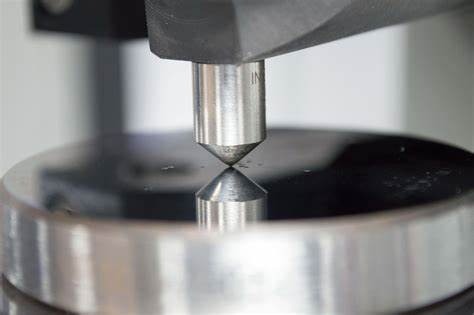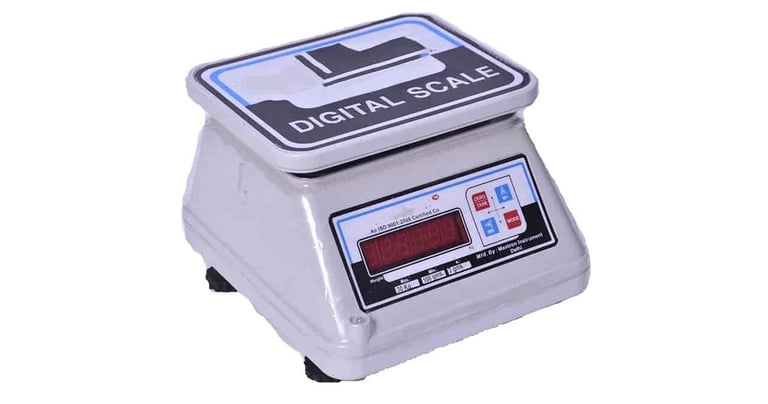Case Studies
Below are some of the case studies on the projects related to Embedded Software Development, Electronic Hardware Designing, Artificial Intelligence, and Machine Learning, Product Development and IoT based Water Level Monitoring Solutions
Serving Utensils Automation
During the ongoing COVID-19 pandemic, a prominent catering company, faced challenges in maintaining sanitary food service practices. The client sought an innovative solution to minimize contact points and enhance the safety of their food service operations.
In response to the global need for heightened hygiene standards and the demand for touchless solutions, SIPL developed an automated touchless serving utensil system. This case study highlights the successful implementation and impact of this groundbreaking technology in the food service industry. SIPL successfully addressed the challenges faced by its catering client by introducing a touchless serving utensil automation system.
Control Card for Bollard System
In response to the growing demand for control solutions in India, our client decided to have its own contol card, rather to import from China. SIPL embarked on a project to develop a sophisticated Control PCB Board for their line of retractable bollard systems.
Creating a control PCB for bollards involves designing a circuit board that can effectively control the operation of bollards, with various interfaces like GSM, Magnetic Loop, Bluetooth. IR Remote, Emergency Switch along with the embedded software development. The control PCB was the part of an electronic system that manages the movement, status, and communication of the bollards.




Metal Sheet Hardness Testing
The scope of work included the development of embedded software for sheet hardness testing with ability to acquire, analyze, and report data related to the hardness of various sheets, along with intuitive and user-friendly interface for the software. It also includes features for instrument calibration, test configuration, and result visualization and also Ensure seamless integration with instruments through standard communication protocol RS-232. Also implemented algorithms to analyze hardness data based on the selected hardness scales.
Electronic Weighing Scale
The scope of work includes the complete development (apart from mechanical part) of an advanced electronic weighing scale. The synergy between hardware and created cutting-edge product that met the evolving needs of industries requiring high-precision measurements.
Developing an electronic weighing scale involves a combination of electronic hardware design, firmware development, user interfaces and data processing.




